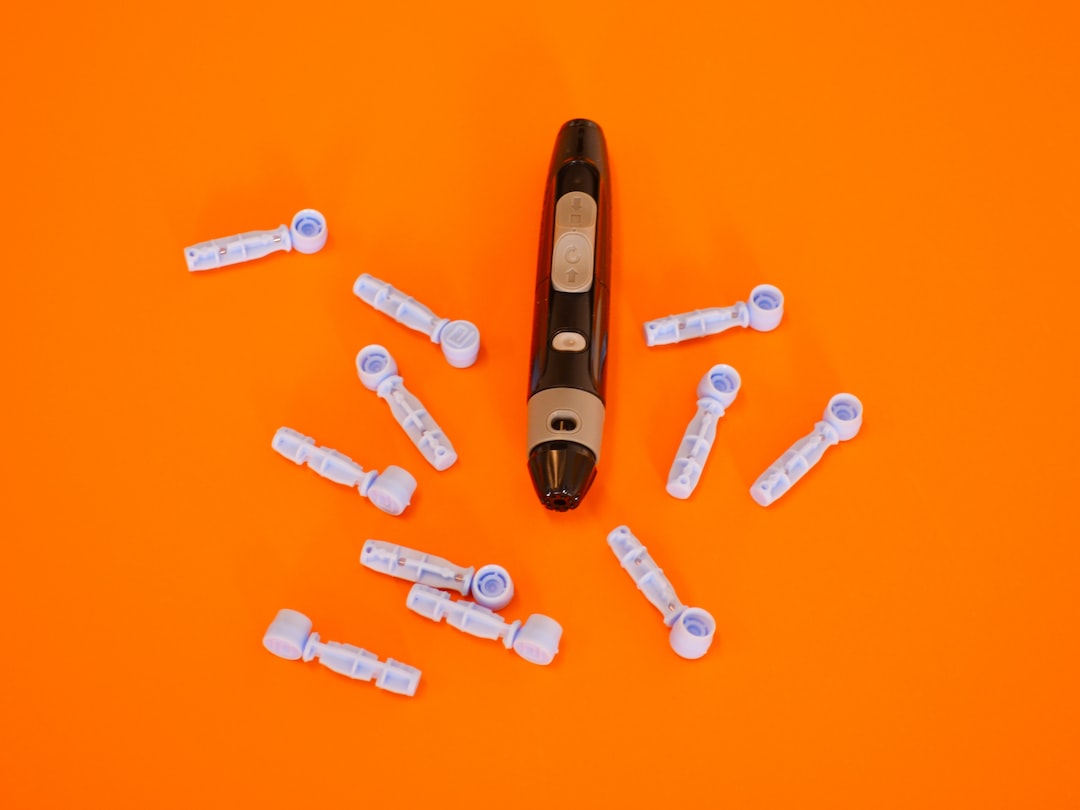News from the American Heart Association
FRIDAY, Sept. 9, 2022 (American Heart Association News) — Beth Bonness spoke in the mirror as her hairstylist, standing behind her, applied reddish highlights to her shoulder-length brown hair. They had known each other for years and Bonness was telling an amusing story of a trip to Rome.
Suddenly, the stylist started moving her hands in the mirror as if trying to interrupt Bonness.
“Beth. Beth. Beth. Can you hear me?” she says.
Bonness, confused, asked him what was wrong. In his head, the words were coming out of his mouth. But she could see in the mirror that her lips weren’t moving.
The left side of his temple started throbbing. She began to see flashes of light on the sides of her vision, like sparklers or exploding snowflakes. She noticed that her right hand was curled into a claw.
People also read…
Just as suddenly, the sensations disappeared and his hand relaxed.
“Should I call 911? asked the stylist.
“No, no. Finish,” Bonness said. “I’m fine.”
Her husband, Jeff McCaffrey, was with two of their three daughters at a nearby restaurant near their home in Portland, Oregon.
Feeling good although a little shaken, Bonness stepped forward to join them. She didn’t tell McCaffrey what happened until they got home. He insisted that they go straight to the emergency room.
In the hospital, Bonness’ blood pressure was high. He was given medicine to bring him down.
Tests indicated she had a TIA or transient ischemic attack. Also known as a mini-stroke, a TIA is a short-term blockage of blood flow to the brain caused by a clot or blockage. Symptoms usually last less than five minutes. About a third of people with a TIA have a more serious stroke within a year.
Bonness said she was told it was a one-time incident, so she wasn’t worried about future issues.
Besides, only old people have strokes, she tells herself. She was 49 years old, healthy and fit. Even the doctors suggested she was too young to worry.
A few days later, Bonness was out shopping when she saw shooting lights again in her peripheral vision. She returned to the hospital for further tests. They told her their best guess was migraines or multiple sclerosis.
That same week, while having a meal with her husband and three daughters, her speech again slurred. She also had trouble finding the right words, which is called aphasia. One of her daughters pointed to an apple and asked Bonness what it was.
“An orange,” she replied.
Again, she headed for the emergency room.
This time, doctors told Bonness that she had suffered a stroke caused by a carotid artery dissection. It’s basically a tear inside one of the main blood supply routes from the heart to the brain. She was treated with blood thinners.
Although the aphasia and shooting lights subsided, Bonness – a high-tech marketing executive at the time – found herself needing more time to collect her thoughts and speak and write clearly. Balance issues forced her to swap her signature high heels for flats.
Bonness remained on disability for a few weeks, returned to work part-time for three months, then returned to work full-time. At first, she felt less confident to speak. She felt more comfortable communicating via email, which still took a lot of effort.
Along with co-workers, friends and extended family, Bonness downplayed the stroke. She did her best to hide all limits – even for herself. Instead, she embarked on living as healthy a life as possible.
Attacking her health like she would a work project, Bonness created a spreadsheet to track her nutrition, exercise, and meditation. She also cleaned up her diet. No more comforting starches; came the organic matter. She now eats a plant-based diet only.
The changes began in 2007. In 2011, her doctor said she had achieved the ultimate goal she set for herself at the start of her renewed health plan. Bonness stopped all stroke-related medications.
In 2014, Bonness retired. The following year, so did McCaffrey. Quitting their job does not mean they have stopped working.
They ended up saving a historic Craftsman-style house in their neighborhood from demolition by moving it and turning it into a small residential development. The process had so many twists and turns that Bonness started writing a book about the experience.
The writing process forced her to become introspective, leading her to realize how the stroke had tested her perception of who she was and what she could accomplish.
“I realized that by digging deeper, with the house project, I was still trying to show that I was in the game, that I could handle a multi-million dollar project,” she said. declared.
She also realized that her upbringing – learning not to show her emotions – was preventing her from facing her vulnerabilities sooner.
“I was really trying to dissociate myself from what had happened, which in the long run was not healthy,” she said. “My compassion is much greater now, for myself and for others.”
McCaffrey said his wife’s initial reaction to the stroke was “classic Beth.”
“She was ultra-determined, ultra-focused and wasn’t going to let it get you down,” he said.
He praised her dedication to healthy living, which inspired her, especially after being treated twice for cancer.
“To her credit, she drastically changed my diet,” he said. “I feel better, I eat better. I exercise.”
Bonness actually started writing about her stroke about a decade ago. She wrote a collection of poems from inside the mind of someone with a series of strokes. In “Wrong Word Dinner,” she recounted her difficulty speaking during the family meal just before her diagnosis: “Wrong words in my head are lining up for their turn. …Orange answers the name Apple.”
Last year, she started sharing her writing. She published the poetry collection and began giving readings. She also started a writing group for survivors of strokes and brain injuries in hopes that they too can find the same insight and comfort.
“Maybe it’s about talking and sharing more,” she said. “Every experience you have, everything that travels with you.”
American Heart Association News covers heart and brain health. Any opinions expressed in this story do not reflect the official position of the American Heart Association. Copyright is owned or held by the American Heart Association, Inc., and all rights are reserved. If you have any questions or comments about this story, please email [email protected].
By Diane Daniel, American Heart Association News
 AD Roberts
AD Roberts



